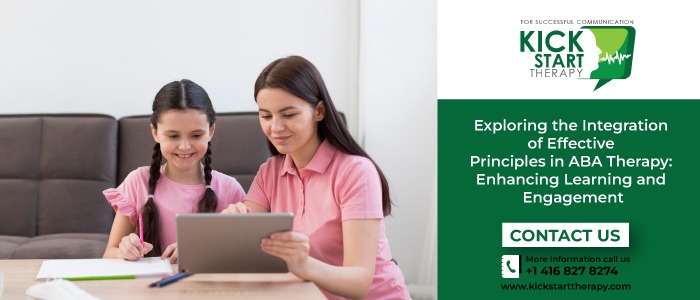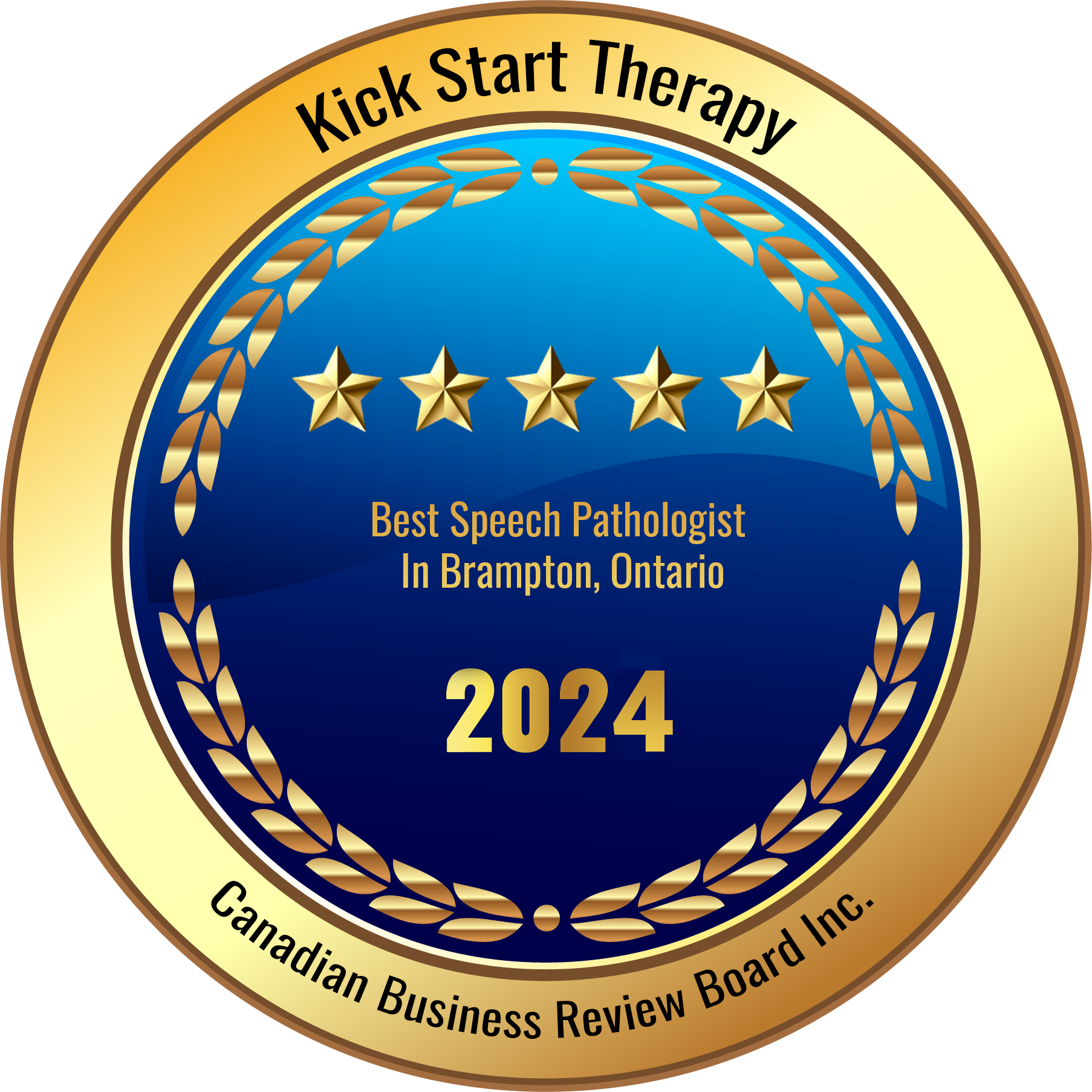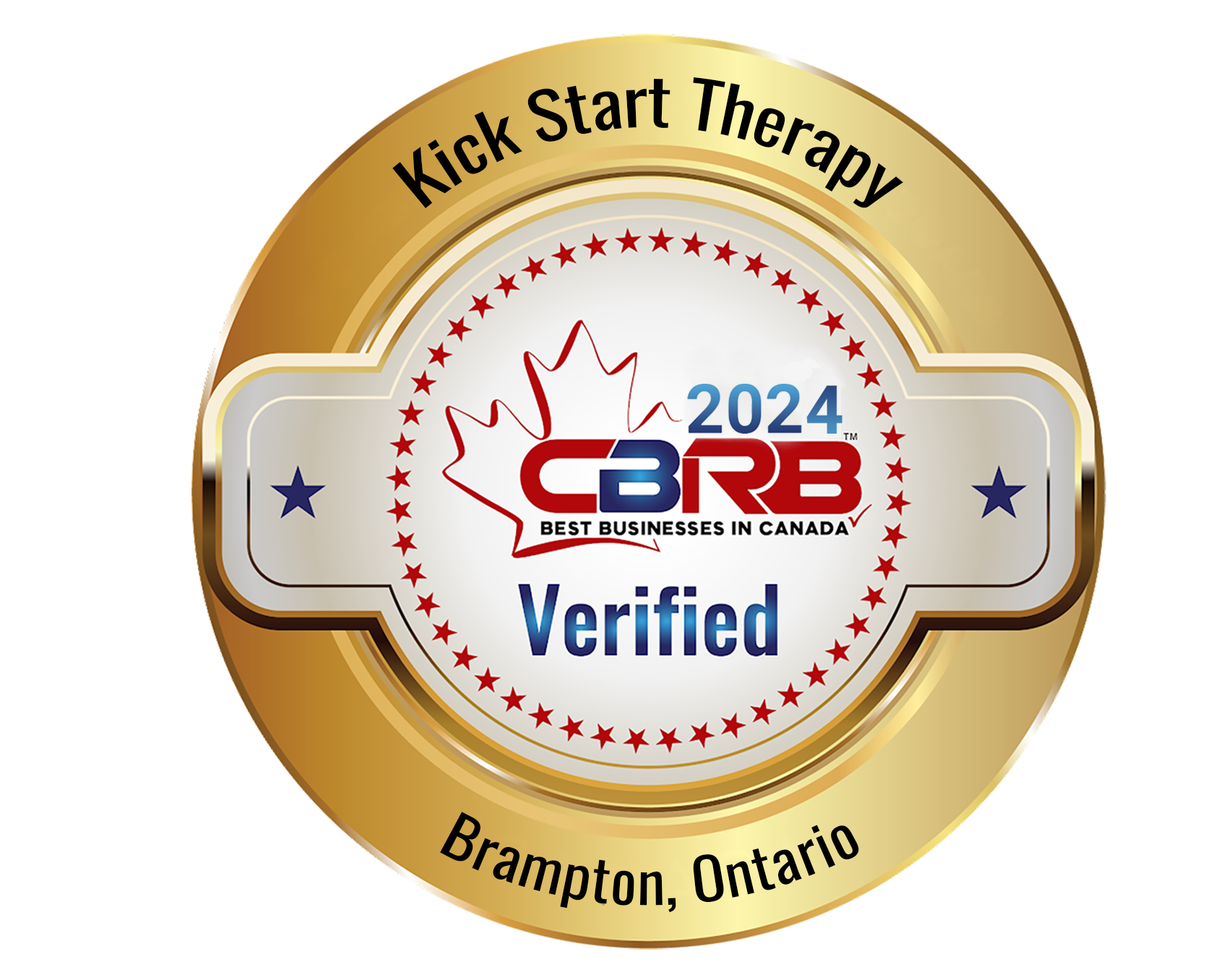
ABA (Applied Behavior Analysis) therapy has long been recognized as an effective intervention for individuals with autism spectrum disorder (ASD). Its structured approach focuses on modifying behaviours through reinforcement and repetition. On the other hand, the inclusion of effective principles emphasizes hands-on learning, independence, and individualized instruction.
Due to this, there has been a growing interest in integrating effective principles into ABA therapy to enhance learning and engagement in recent years. Here you will see the benefits and potential of combining the approaches.
ABA therapy is grounded in the understanding that behaviours can be shaped through positive reinforcement and consequences. It uses data collection and analysis to identify target behaviours and design interventions to address them.
Our ABA therapists work closely with individuals with ASD, guiding them through structured activities and promoting skills development in various domains such as communication, social interaction, and self-help skills. While ABA therapy has proven effective, some critics argue that it can be overly rigid and lacks the flexibility to accommodate individual interests and preferences.
Integrating effective principles into ABA therapy can offer several benefits. Our approach provides a more child-centered and experiential approach.
Our approach emphasizes more tailored activities to meet the unique needs of each child. Children can benefit from such an individualized approach. Recognizing that every individual with ASD has different strengths, interests, and learning styles, by incorporating effective principles, our ABA therapists design activities and interventions that align with the child's specific interests and abilities, fostering a more engaging and effective learning experience.
Using technological and AI-centered approaches, our therapists place the child at the center of the learning process, encouraging independence, self-direction, and self-regulation. We have adopted a child-centered approach by incorporating choices and promoting self-initiation within structured interventions. It allows individuals with ASD to have some control over their learning environment and can increase motivation and autonomy, leading to more meaningful progress.
Our ABA therapists create structured environments that are organized, predictable, and free from distractions, promoting focus and reducing anxiety for individuals with ASD. Also we indulge in visual cues, labelled materials, and organized workstations, helping individuals with ASD navigate their learning environment more effectively during ABA therapy sessions.
We emphasize hands-on, experiential learning through the use of manipulative materials. Our ABA therapist incorporates various hands-on activities to enhance engagement and promote skill development. By providing concrete materials and incorporating interactive tasks, individuals with ASD can actively explore and manipulate objects, facilitating better understanding and generalization of skills.
We also focus on developing practical life skills such as self-care, social skills, and independence. ABA therapists of KickStart Therapy integrate the teaching of functional life skills into interventions, enabling individuals with ASD to acquire essential daily living skills that promote independence and inclusion. Teaching self-help skills, such as dressing, grooming, or meal preparation, actually enhances the overall quality of life for individuals with ASD.
ABA therapists create naturalistic learning opportunities by embedding skill-building into real-life situations. We embrace the concept of "learning through daily life experiences." By identifying and capitalizing on naturally occurring teaching moments, such as during play or community outings, ABA therapists facilitate generalization of skills beyond the therapy setting, increasing the practicality and effectiveness of interventions.
By incorporating elements of choice and independence, we help individuals with ASD to engage in activities that align with their interests, fostering intrinsic motivation and a sense of ownership over their learning.
However, there are a variety of challenges that we often face in ABA therapy, is the generalization of learned skills to real-life settings.
As we integrate effective principles, our ABA therapists create opportunities for individuals with ASD to apply their skills in practical contexts.
Also, effective materials used by our therapists, such as practical life activities, can help bridge the gap between therapy sessions and daily life, promoting generalization and increasing the likelihood of skill retention and transfer.
Integrating effective principles in ABA therapy holds great potential for enhancing learning and engagement for individuals with ASD. Combining the structure and evidence-based practices of ABA with the child-centred, hands-on approach of effective principles, therapists from KickStart Therapy can create a more holistic and individualized learning experience. In addition, this integration promotes active participation, generalization of skills, and the development of independence and problem-solving abilities.
As research and practice continue to explore the possibilities, we can look forward to a future where these combined approaches provide even more outstanding support for individuals with ASD.






